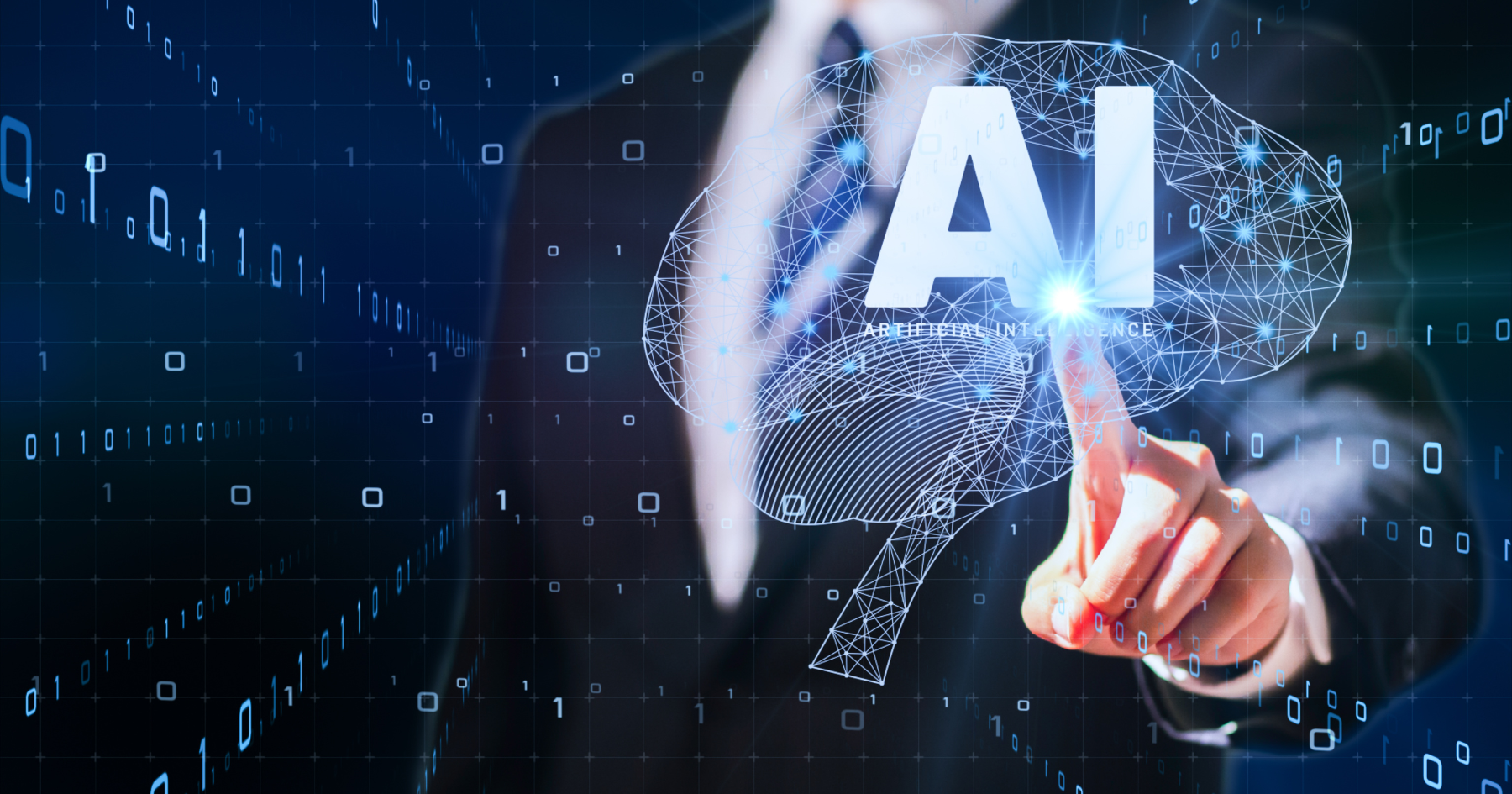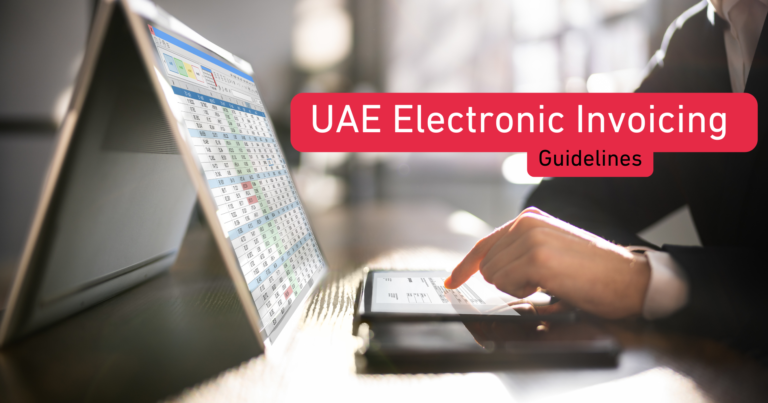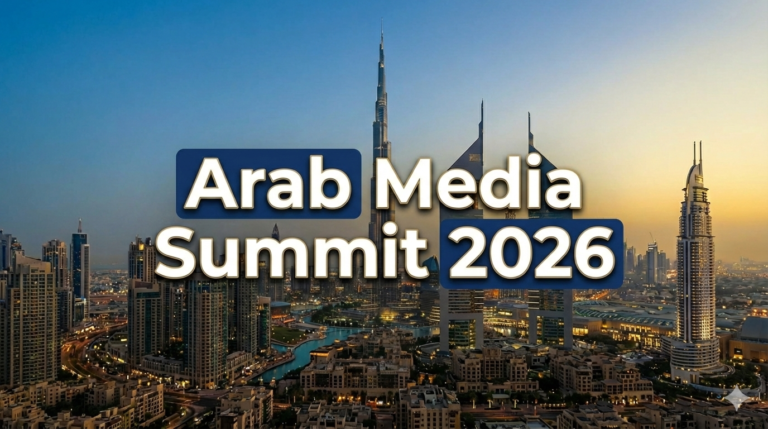
Not long ago, renewing a government document in Dubai meant standing in line. Today, you can do it from your phone, with AI chatbots guiding you and blockchain ledgers securing the record. This shift captures Dubai’s ambition: to use artificial intelligence (AI) and blockchain not as buzzwords, but as pillars of governance, business, and everyday life.
How AI is Reshaping Services and Business
Dubai was the first city in the region to appoint a Minister of State for Artificial Intelligence, a signal of intent that turned into execution. Under the UAE Artificial Intelligence Strategy 2031, AI is being deployed across healthcare, transport, education, and security (u.ae).
• *Healthcare: The *Dubai Health Authority uses AI for predictive diagnostics and triage, while telemedicine platforms supported by AI assistants manage patient flow.
• *Transport: The *RTA uses AI to manage traffic and develop self-driving pilots. The goal is 25% autonomous mobility by 2030.
• *Business: Startups in the *DIFC Innovation Hub use AI for risk assessment, fraud detection, and personalized banking. Retailers adopt AI analytics to forecast demand.
• Public Services: Virtual assistants answer citizen queries, reducing wait times and cutting costs.
Blockchain as a Trust Anchor
Through the Dubai Blockchain Strategy, the emirate pledged to move all eligible government transactions onto blockchain systems. The results are visible:
• Real Estate: The Dubai Land Department records ownership through blockchain, reducing fraud and speeding up sales.
• Trade and Logistics: Ports and customs use blockchain for cargo manifests, giving transparency and efficiency in supply chains.
• *Finance: The *DIFC supports blockchain-powered fintech firms experimenting with tokenization and smart contracts.
• Legal and Governance: Smart contracts are reducing disputes in business transactions.
Role of AI and Blockchain in Dubai & Examples on the Ground
• Healthcare: AI-driven breast cancer screening at Dubai Health Authority clinics has improved early detection rates.
• Transport: AI predictive systems at the RTA reduced congestion on key roads during peak hours.
• Real Estate: A global investor completed a property deal in hours instead of weeks thanks to blockchain title transfer at the DLD.
• Trade: Blockchain-backed cargo clearance at Jebel Ali Port cut processing times by 40%, boosting Dubai’s competitiveness as a logistics hub.
National and Global Context
These initiatives align with the UAE Vision 2031 and the push for a diversified, digital-first economy. Internationally, Dubai is benchmarking itself against Singapore, Zurich, and Seoul in AI and blockchain adoption, positioning itself as a global testbed for emerging technologies.
Challenges and Adaptations
The pace of rollout raises concerns: cybersecurity risks, shortage of specialized talent, and the need for clear regulation around digital assets. Yet Dubai’s governance model—fast regulation, public-private partnerships, and a bias toward pilot projects—helps bridge these gaps. The result is a city where innovation is tested at scale.
Where Momentum is Heading
• AI copilots in education and city planning.
• Blockchain integration in cross-border finance and logistics.
• Smart contracts streamlining real estate and trade deals.
• AI-assisted sustainability projects in energy optimization.


